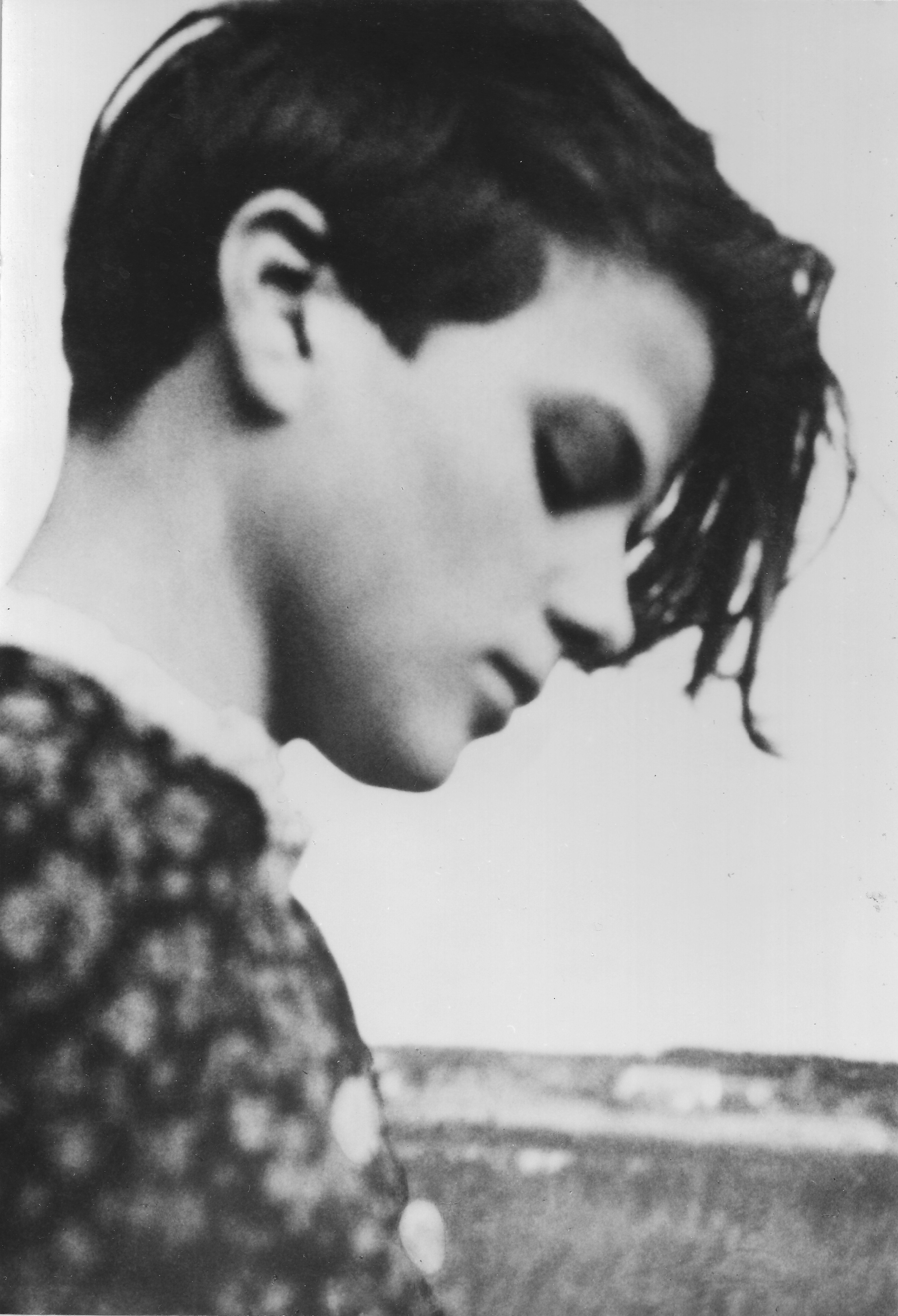Sophie Scholl played an active role in the White Rose resistance group. She was exceptionelly politically minded and self-reflective. During the Gestapo interrogation she firmly denounced the Nazi regime and explained her resistance stance. She was the only woman of the group that was executed.
Sophie Scholl was born 1921 in Forchtenberg, a small town in Württemberg of which her father was the mayor. In 1932 her family moved to Ulm. When Sophie was twelve years old, she joined the Bund Deutscher Mädel (Young Girls League), a Hitler Youth organization for girls, and became a group leader. As a result of the arrests of her siblings for forbidden activities of the free youth movement in 1937, she increasingly rejected National Socialism.
Hoping to avoid compulsory Reichsarbeitsdienst (Reich Labour Service), Sophie began training as a kindergarten teacher. Nevertheless, she was called up for Labour Service in the spring of 1941. The experience of enforced subordination and lack of freedom, as well as her intense interest in literary and religious themes, strengthened her opposition against the Nazi regime.
Sophie Scholl had a great artistic talent and had the idea of studying art. However, she began to study biology and philosophy in Munich in May 1942 and was accepted into her brother´s circle of friends. They established contacts with writers, philosophers and artists. The question of how to behave as a Christian in a dictatorship was one of her main issues. Because her boyfriend Fritz Hartnagel was a military officer, they frequently discussed whether war could be legitimate.
In summer 1942 Sophie had to perform auxiliary war service at a rivet factory in Ulm. During that time, her father was in prison for three months because he had made a critical remark about Hitler. In November, back at university, Sophie moved into a flat together with her brother Hans. From now on, she played an active part in the resistance group. She bought envelopes and stamps on a large scale, took part in the reproduction and distribution of the last two leaflets in Munich and took 3,000 copies by train to Augsburg, Ulm and Stuttgart.
On 18 February 1943, when Sophie and Hans Scholl handed out the sixth leaflet at Munich University, they were arrested. Four days later, the Volksgerichtshof (People´s Court) sentenced her to death together with her brother and their friend Christoph Probst. That same afternoon they were executed at the Munich-Stadelheim prison.
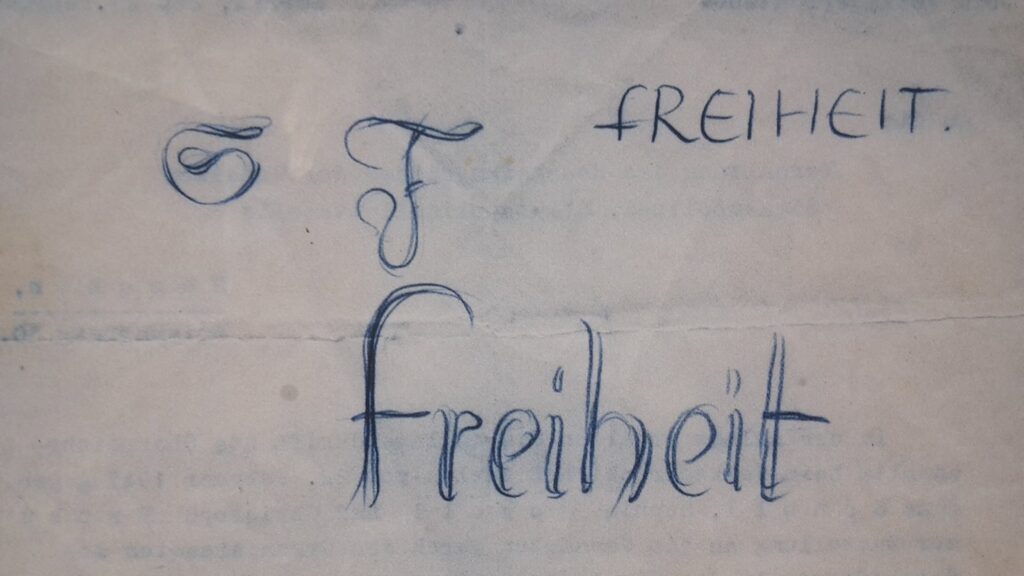
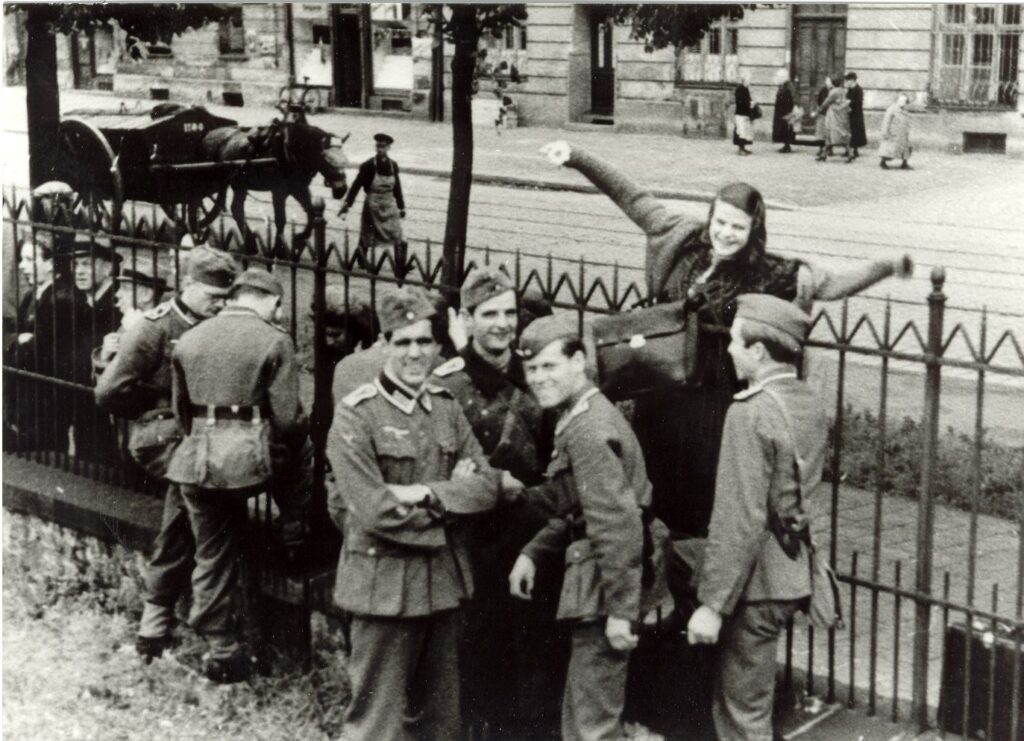
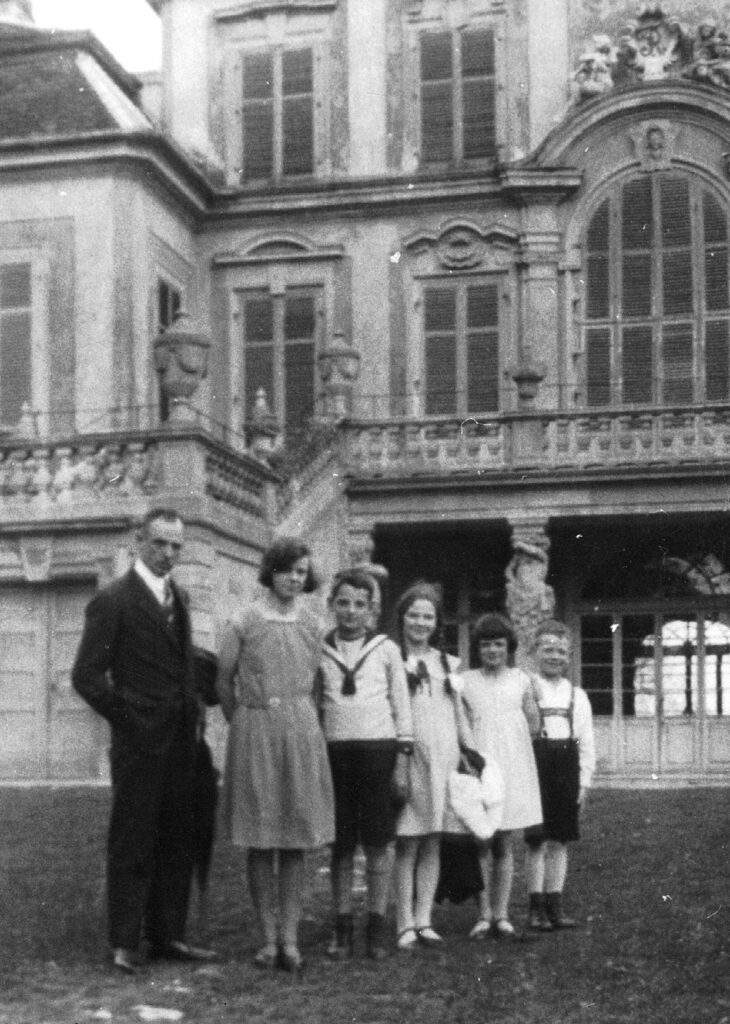
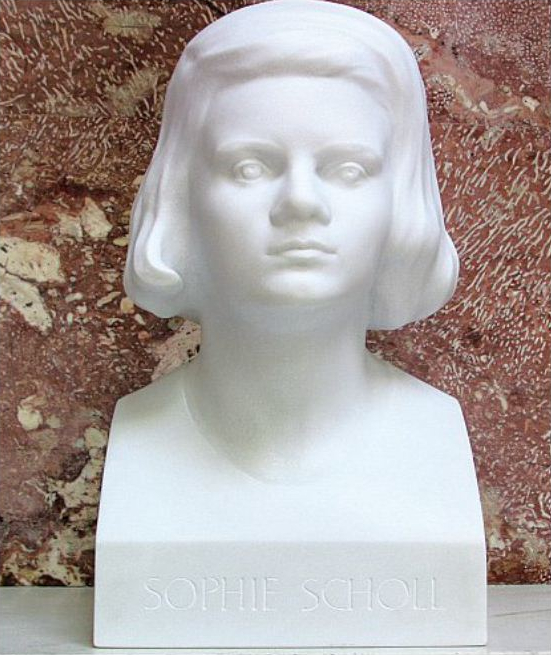
© Weiße Rose Stiftung e.V.
